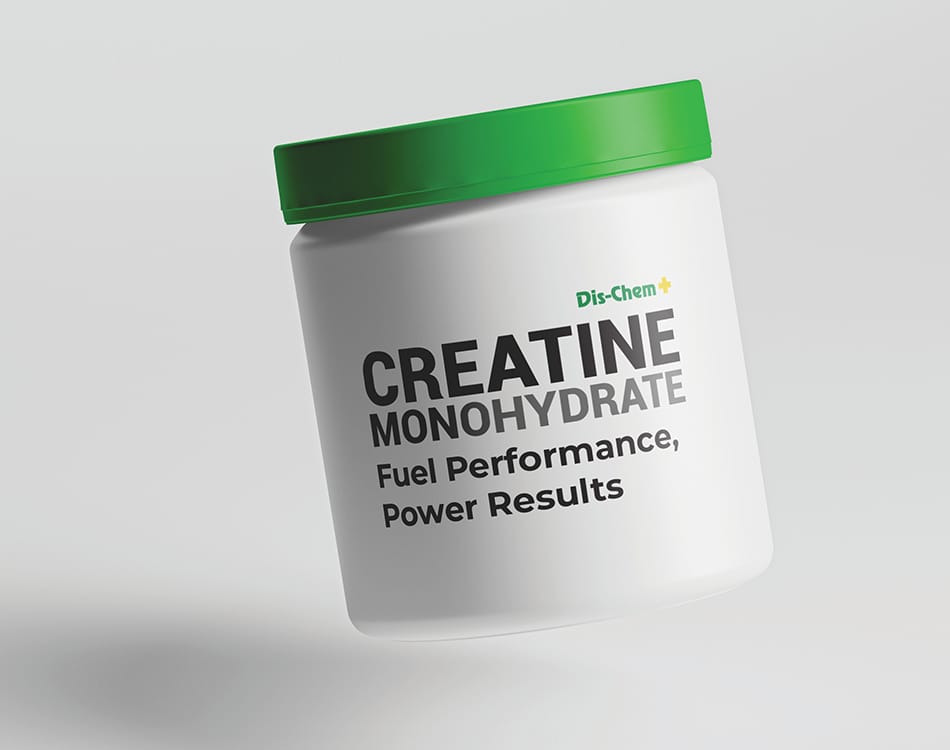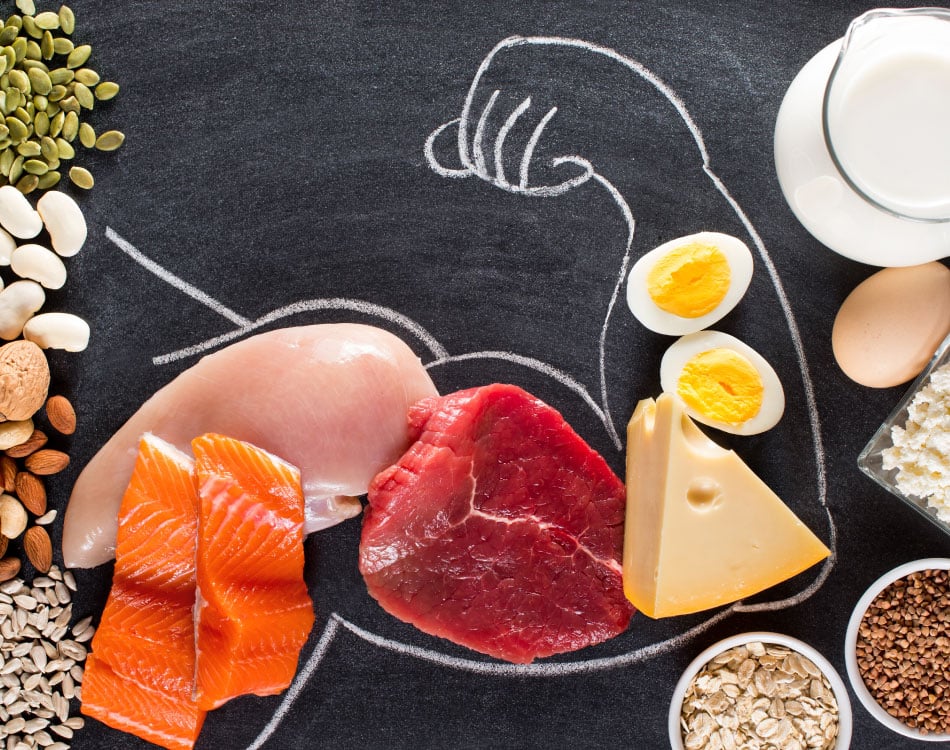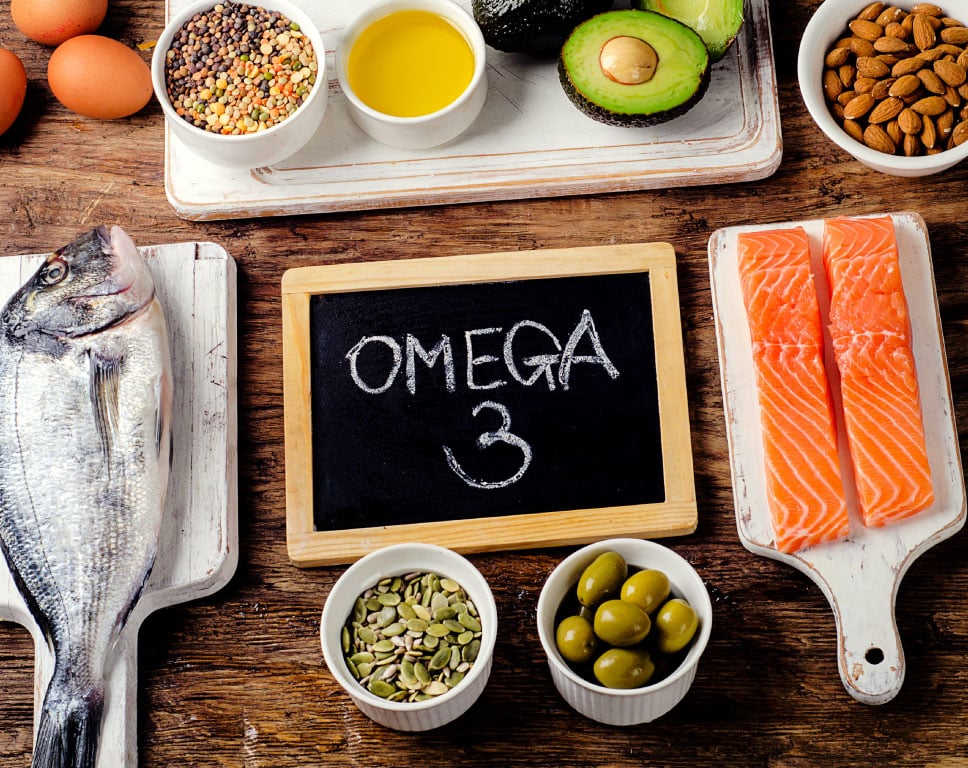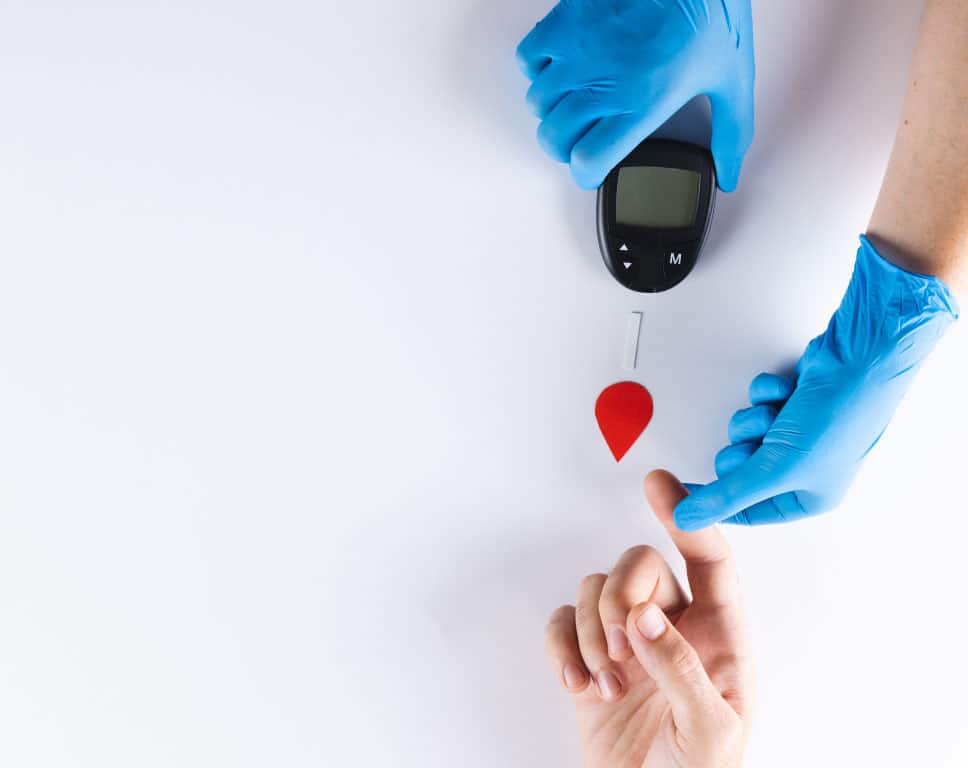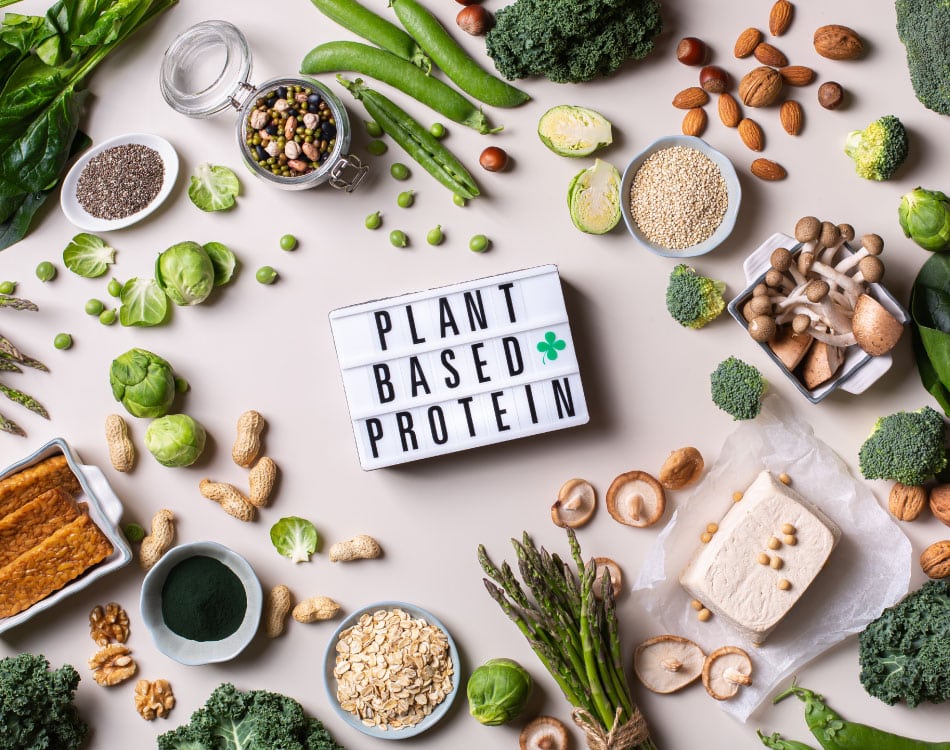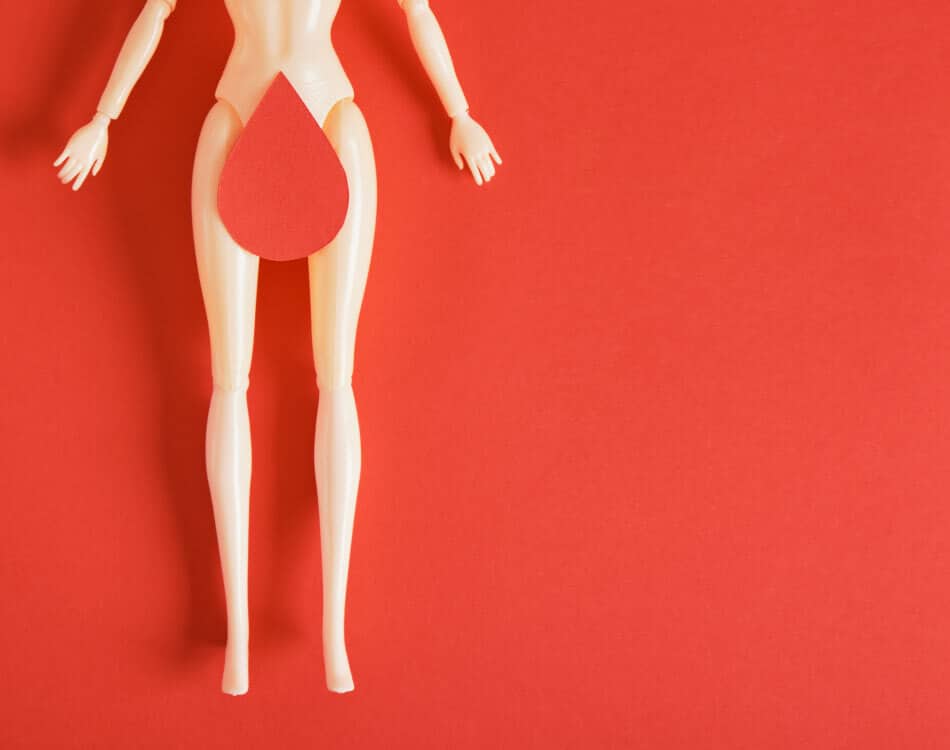The world of nutrition and supplementation is an ever-evolving environment with new research emerging every day.
A lot of focus recently has been on the ketogenic diet and the benefits of high-fat, low-carb eating with moderate protein.
If you’re considering this approach, it is important to obtain the correct information, sufficient support and a properly designed plan before taking on any new nutrition strategy.
The keto diet defined
A ketogenic diet is a high-fat (70–75% of total energy intake), low-carb (5%) and moderate protein (20–25%) eating regimen.
Carbohydrates are the body’s main energy source. Carbs and sugars are broken down into glucose and then stored as glycogen in the muscles and liver, where it is readily available to meet your primary energy requirements.
Without adequate carbs to produce glycogen, your body turns to fat as an alternative energy source.
A keto diet restricts your carb intake and forces your body to utilise fat – intra-muscular (between muscle fibres), visceral (around organs in the abdomen) and subcutaneous (under your skin) sources – to meet your body’s energy demands.
As such, foods included in a keto diet are generally high in fat, such as nuts, seeds, oils, avocado, cream and fatty meats. Carb intake is also limited to maintain ketosis, particularly from fruits, starches such as rice, potatoes, sweet potato, pasta, and foods high in sugar.
Burning fat for energy
Metabolised fats are transported to the liver in the form of free fatty acids and broken down into ketones.
When your body enters a metabolic state where ketones are used as your main energy source – known as ketosis – it increases the rate at which fat is converted to energy.
In this state, fat is utilised by the body as the primary energy source. This increases the fat-burning effect of your training and even your daily bodily processes, which will utilise fat to power them.
Cravings on keto and its effect on weight loss
A keto diet does not necessarily restrict energy intake. It is more focused on the source from which the body derives its energy.
However, studies show that ad libitum (as and when needed) high-fat, low-carb diets report overall lower energy intake and decreased feelings of hunger, compared to a medium carb intake eating regimen1.
Ketosis can, therefore, have a positive effect on weight loss. The biggest factor that determines a keto diet’s success is successfully keeping your body in ketosis.
Optimise ketosis with supplements
USN® has launched a new KETO range to assist with dietary and fat-burning needs. It can be difficult to consume enough fats daily and falling short of your fat target may influence your energy levels, leaving you tired.
https://www.instagram.com/p/B4_55UbhUd4/
STEP 1 – Activate Ketosis with USN® KETO FAT BURN CAPSULES^
Kick-start your day by increasing your metabolic rate to activate fat-burning and elevate feel-good energy while decreasing appetite with key thermogenic ingredients – TeaCrine®, Paradoxine® and caffeine.
https://www.instagram.com/p/B4UkvCUgAAh/
STEP 2: Maximise ketosis with USN® KETO BHB SALTS^
A breakthrough ketone energy supplement to fuel your muscles and brain while on a low-carb diet. It activates ketosis faster and reduces appetite. It’s your vital stamina and energy source that replaces energy from carbs & sugars (glycogen)2.
https://www.instagram.com/p/B4hVRPtH0p3/
STEP 3: Fuel Ketosis with USN® KETO® MCT OIL^
This fat fills you up and provides your body with energy. It boosts ketone creation for use as an abundant energy source. It also boosts your metabolic rate to help burn body fat while in ketosis.
https://www.instagram.com/p/B4t1NLKg4gj/
^This product is indicated to assist weight loss as part of a weight management program. Only effective when combined with a balanced, energy-restricted eating plan and regular physical activity. This unregistered medicine has not been evaluated by SAHPRA for quality, safety or intended use.
References:
1. Johnstone AM, et al. Effects of a high-protein ketogenic diet on hunger, appetite, & weight loss in obese men feeding ad libitum. The American Journal of Clinical Nutrition, 2008
2. McClernon FJ, et al. (2007). The effects of low-carbohydrate ketogenic diet & a low-fat diet on mood, hunger, & other self-reported symptoms. Obesity, Jan; 15(1):182-7.




